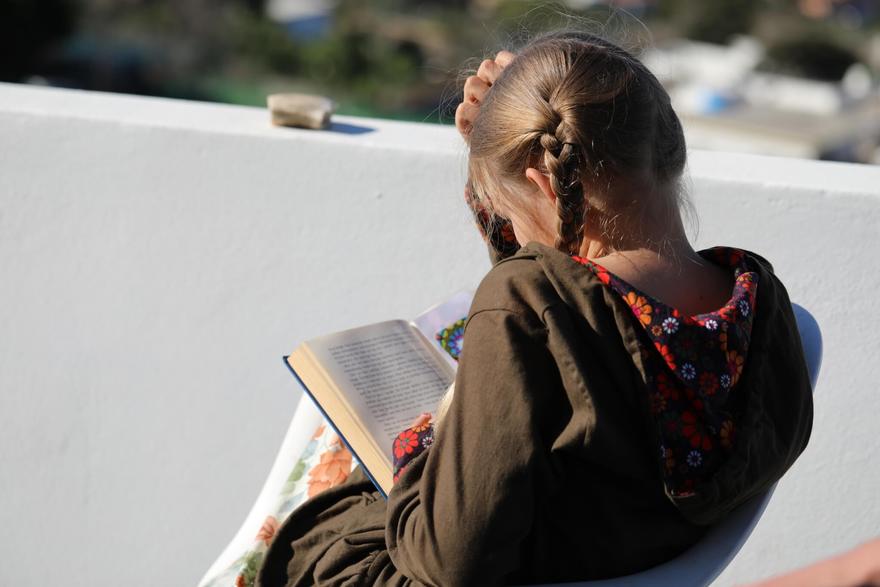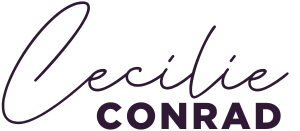
We believe in personal growth and educating yourself. Education should be voluntary and self-directed. Motivation is the key factor in learning.
So, we unschool. This means our children are not in school, and they are not homeschooled. They are free to do whatever they want. Basically.
We are not against education, though. What we don’t believe in is compulsory and forced, institutionalized education. We believe in growth, of educating the person, and first and foremost, we believe education should be voluntary and self-directed.
There are many reasons for this. When you are self-directed and motivated, you learn better and faster what you want to learn. This is obvious. It is more effective, and it is more fun.
More importantly, we believe we have no right to steal the hours of our children’s lives. They have the right to own their own life. Their hours.
This leaves them with the freedom to decide what to do. Deciding is a complicated task, and it takes years of practice to make the right decisions. Living a free life gives the child the experience of deciding what to do and evaluating if it was worth it or not.
There is always a measurement tool evaluating your performance on the curriculum in a schooled context, and it is too easy to get things mixed up and believe your personal value equals your performance on these measurement tools/tests.
In a freestyle life, you decide what to do and why, and also, you will need to know how to know if you are doing good or not. Example: if you want to learn a language, it could be because you have a friend you can not communicate with (as it happened to me with Spanish) or because there is a book you want to read (as it happened to our oldest son with English), and you will know if you succeed when you have a conversation or read the book. You make your own test. If you are a master of the art of freestyle living, you will know how to set tracking markers to let you know if you are on your way.
Why do you think there are so many self-help books and courses out there for how to organize your values and personality into a meaningful life? There is a huge need for this because most people do not know what they want and how to get it.
This we should all have learned when we were kids, experimenting with life, with projects, and with passions.
We should have learned to just taking a risk, starting a new project, following a new passion or idea, failing – and learning, that we are still okay. You are still loved. You are still on your path.
This you can only learn if you grow up with the freedom to make up your own mind on how to spend your hours.

Comments